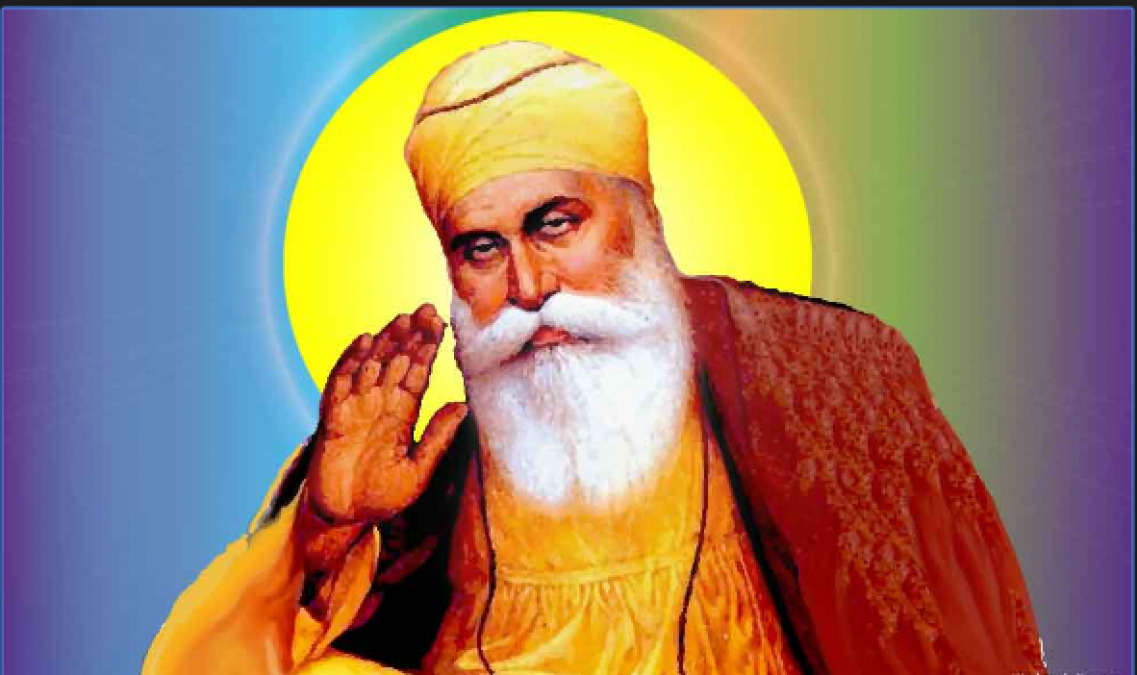
Shastra (saastr) is a Sanskrit term meaning code, rules, or treatise, and refers to Vedic scriptures, which includes 14 to 18 sacred books of Hindu philosophy considered in Hinduism to be of sacred authority. The Shastras originated with an oral tradition passed down verbally over countless millennial. Eventually transcribed into texts, the written Shastras have for centuries been the subject of controversial discussion, and continue to prompt vigorous debates among Vedic scholars.
Six Shastras, or Vedangas, analysis of instructive scripture include :
Vyakarana - Grammar.
Shiksha - Pronunciation.
Nirukta - Definition.
Chhanda - Meter.
Jyotisha - Auspicious astrological influence determining performance of ritual.
Kalpa - Sutras, or correct method of performing ritual:
Shrauta Sutra - Rules governing ritual.
Sulba Sutra - Geometric calculations.
Grihya Sutra - Domestic rites.
Dharma Sutra - Rituals of conduct, castes system and stages of life including:
Manu Smitri - Marriage and funeral rites, rules governing women and wives, dietary law, pollutants and purification rites, judicial law, reparation rites, alms giving, sacraments, initiation, obeisance, study of theology, doctrine of transmigration and reincarnation.
Yajnavalka Smitri - Conduct, law and penance.
Shastra is also used a suffix meaning principles of instruction applied to various modes of learning including:
Artha Shastra - Economics
Bhautika Shastra - Physics
Jeeva Shastra - Biology
Naga Shastra - Yoga
Neeti Shastra - Politics
Rasayana Shastar - Chemistry
Shilpa Shastra - Sculpture
Vastu Shastra - Architecture
Sikhism Scripture in Relation to the Shastras:
In Sikhism, the Hindu rituals described in the texts of the Shastra are rejected by the Sikh gurus as spiritually meaningless. Debate over doctrine is regarded as pointless for the advancement of spirituality and worthless as a means to enlightenment. The authors of Sikhism's holy scripture the Guru Granth Sahib make many references to the futility of empty rituals outlined in Shastras.
Examples:
Third Guru Amar Das advises that though the Shastras outline rules of conduct, they lack spiritual substance.
"Simrit saasath punn paap beechaaradae tatai saar na jaanee ||The Simritees and the Shaastras discriminate between good and evil, but they do not know the true essence of reality." SGGS||920
"Simrit saasathr bahuth bisathhaaraa || maaeiaa mohu pasariaa paasaaraa ||
The great volumes of the Simritees and the Shaastras only extend the extension of attachment to Maya." SGGS|| 1053
Fifth Guru Ajrun Dev stresses that spirituality is not gained through debating scriptures, or practice of rituals, rather enlightenment and liberation come from contemplation of the divine.
"Nga-ngaa ngiaan nehee mukh baato ||
NGANGA: Spiritual wisdom is not obtained by mere words of mouth..."
"Anik jugat saasathr kar bhaato ||
It is not obtained through the various debates of the Shastras and scriptures..."
"Ngiaanee soe jaa kai drirr so-oo ||They alone are spiritually wise, whose minds are firmly fixed on the Lord." SGGS||251
"Ghokae shastra baed sabh aan na kathatou koe||
I have searched the religious text of the Shastras and Vedas, they speak of nothing but this:
Aad jugaad hun hovat Naanak ekai soe||In the beginning, throughout the ages, now, and forever O Nanak, the One Lord alone exists. SGGS||254
" Asattapadee ||
Ashtapadee:
Jaap taap giaan sabh dhiaan ||
Chanting, intense meditation, spiritual wisdom and all meditations;
Khatt saasathr simrith vakhiaan ||
the six schools of philosophy and sermons on the scriptures;
Jog abhiaas karam dhram kiriaa ||
the practice of Yoga and righteous conduct;
Sagal tiaag ban madhae phiriaa ||
the renunciation of everything and wandering around in the wilderness;
Anik prakaar keeeae bahu jatanaa ||
the performance of all sorts of works;
Punn daan homae bahu ratanaa ||
donations to charities and offerings of jewels to fire;
Sareer kattaae homai kar raatee ||
cutting the body apart and making the pieces into ceremonial fire offerings;
Varat naem karai bahu bhaatee ||
keeping fasts and making vows of all sorts
Nehee tul raam naam beechaar ||
- none of these are equal to the contemplation of the Name of the Lord,
Naanak gurmukh naam japeeai eik baar ||1||
O Nanak, if, as Gurmukh [the enlightened mouth], one chants the Naam, even once." ||1|| SGGS||265
"Sinmrit saastr bahu karam kamaa-ae prabh tumarae daras bin sukh naahee ||1||One may read the Simritees and the Shastras, and perform all sorts of religious rituals; and yet, without the Blessed Vision of Your Darshan, God, there is no peace at all." ||1|| SGGS||408
"Baed kathaeb simrit sabh saasat enh parriaa mukath na hoee ||
One may read all the books of the Vedas, the Bible, the Simritees and the Shastras, but they will not bring liberation.
also read Peacock Feather use can improve your bad luck condition; know how to use it, here
also read Sun Saptami will be celebrated on 26 May; know its importance and benefits